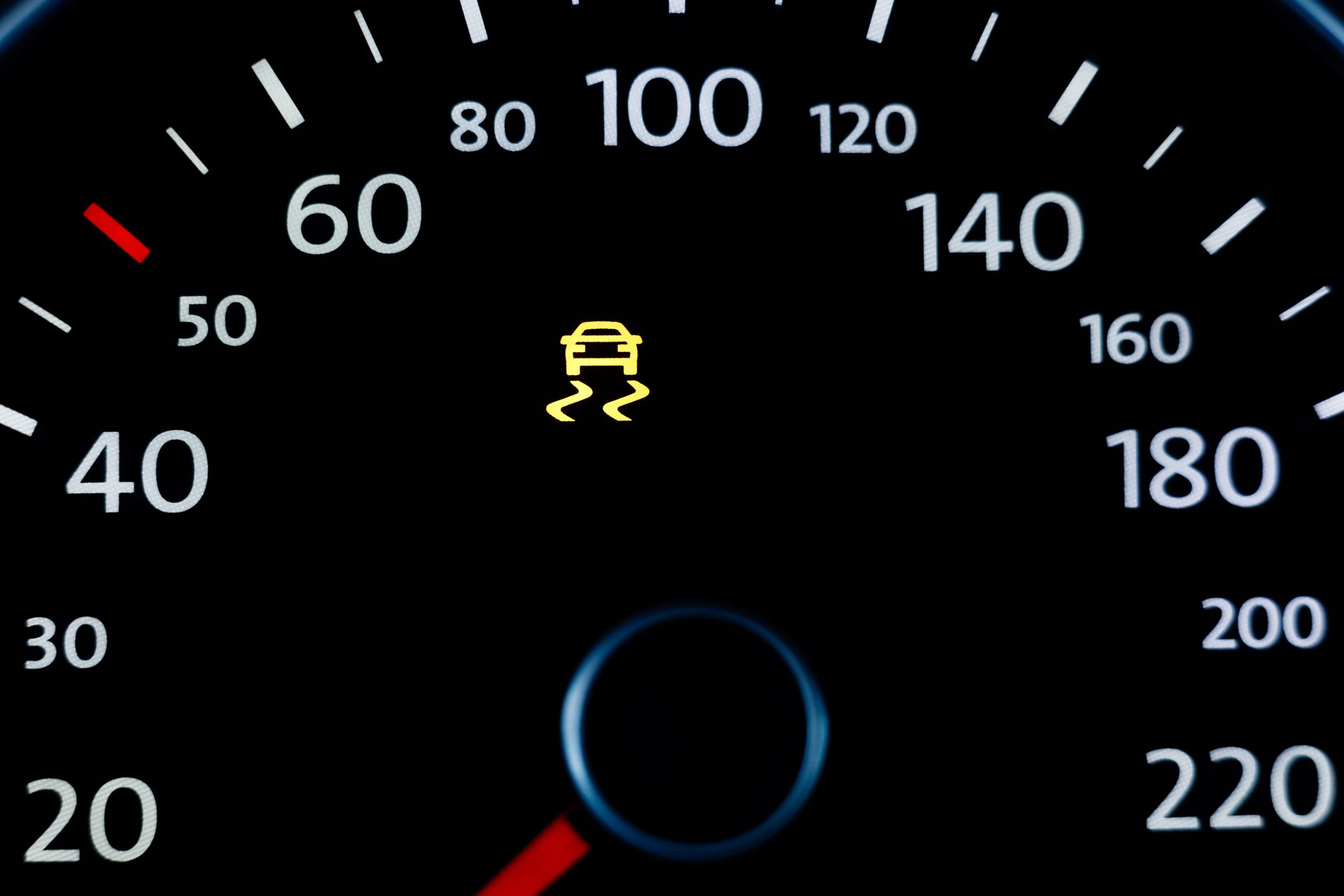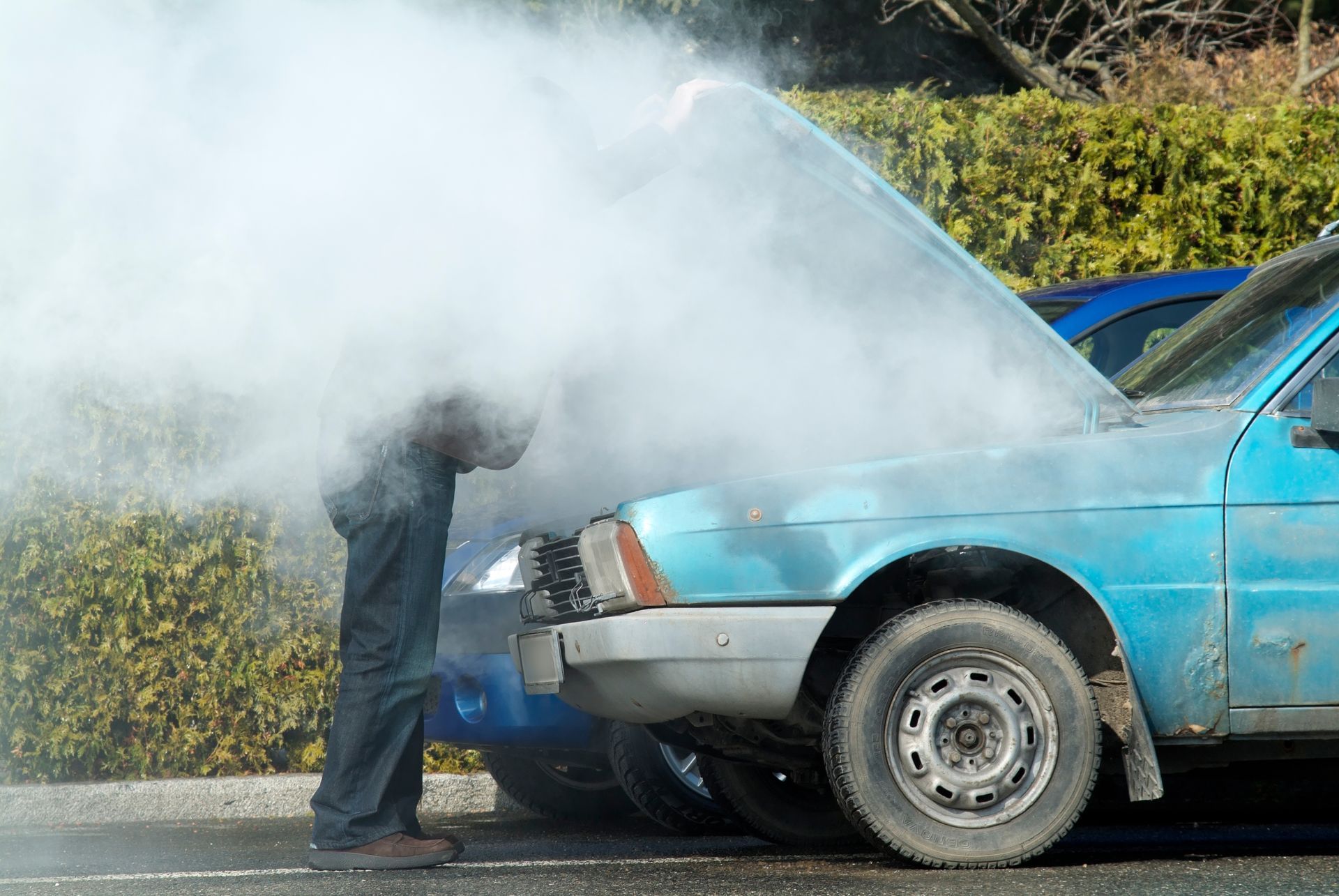
As temperatures rise during the summer months, so does the strain on your vehicle's engine. The scorching heat can pose unique challenges and potentially affect the performance and longevity of your engine. In today's blog, we will explore how the summer heat impacts your engine and engine oil, highlighting the importance of proper maintenance and care to ensure optimal performance and avoid costly repairs.
INCREASED OPERATING TEMPERATURES
Hot weather significantly increases the operating temperatures of your engine. The combination of ambient heat and the internal combustion process generates higher temperatures under the hood. Extended exposure to high temperatures can put additional stress on engine components, potentially leading to accelerated wear and an increased risk of overheating.
ENGINE OIL THINNING
Engine oil plays a critical role in lubricating engine components and reducing friction. However, excessive heat can cause the oil to thin out, reducing its effectiveness in providing proper lubrication and protection. Thinning oil may struggle to maintain the necessary film strength, leading to increased friction, wear, and potential engine damage.
OIL OXIDATION AND BREAKDOWN
Elevated temperatures can accelerate oil oxidation, causing it to break down more rapidly. Oxidation leads to the formation of sludge, varnish, and deposits, which can clog oil passages, restrict flow, and impede overall engine performance. The breakdown of oil's chemical composition also reduces its ability to withstand high temperatures, diminishing its lubricating properties.
INCREASED FUEL CONSUMPTION
As your engine works harder to combat the heat, it requires more fuel to maintain performance. The hotter air reduces its density, resulting in a leaner fuel-to-air mixture. To compensate, the engine may consume more fuel to maintain the desired power output. This increased fuel consumption can impact your overall fuel economy during the summer months.
COOLING SYSTEM CHALLENGES
The cooling system, including the radiator, coolant, and water pump, faces added challenges in the summer heat. The higher ambient temperatures make it more difficult for the cooling system to dissipate heat efficiently. If the cooling system is not functioning optimally, the risk of engine overheating increases, potentially leading to severe damage and breakdowns.
TIPS TO MITIGATE THE EFFECTS
Maintain Adequate Coolant Levels: Regularly check and top up coolant levels to ensure the cooling system can effectively dissipate heat. Follow manufacturer recommendations for the appropriate coolant type and mix ratio.
Monitor Engine Temperatures
Keep an eye on your engine temperature gauge or warning lights. If you notice the engine running hotter than normal, it's essential to address the issue promptly to avoid overheating.
Change Engine Oil Regularly
Regular oil changes are crucial year-round, particularly during the summer heat. Follow manufacturer recommendations for oil change intervals and consider using oil with higher viscosity or synthetic oils that are better suited to withstand high temperatures.
Protect Your Vehicle from Direct Sunlight
Whenever possible, park your vehicle in shaded areas or use sunshades to minimize direct exposure to the sun's heat. This helps reduce the strain on your engine and prevents the cabin from overheating.
Regular Maintenance
Stay on top of routine maintenance, such as air filter replacements, spark plug checks, and belt inspections. These measures ensure that your engine operates efficiently and minimizes the risk of breakdowns during hot weather conditions.
NO MATTER THE SEASON, THE TEAM AT BG AUTOMOTIVE IS HERE TO HELP!
Oil change, diagnostics, or a simple wheel alignment, whatever it is, you are more than welcome to visit our shop so we can fix things and get you back on the road! Contact us via the phone at the bottom of the page, or come by the shop right away!











